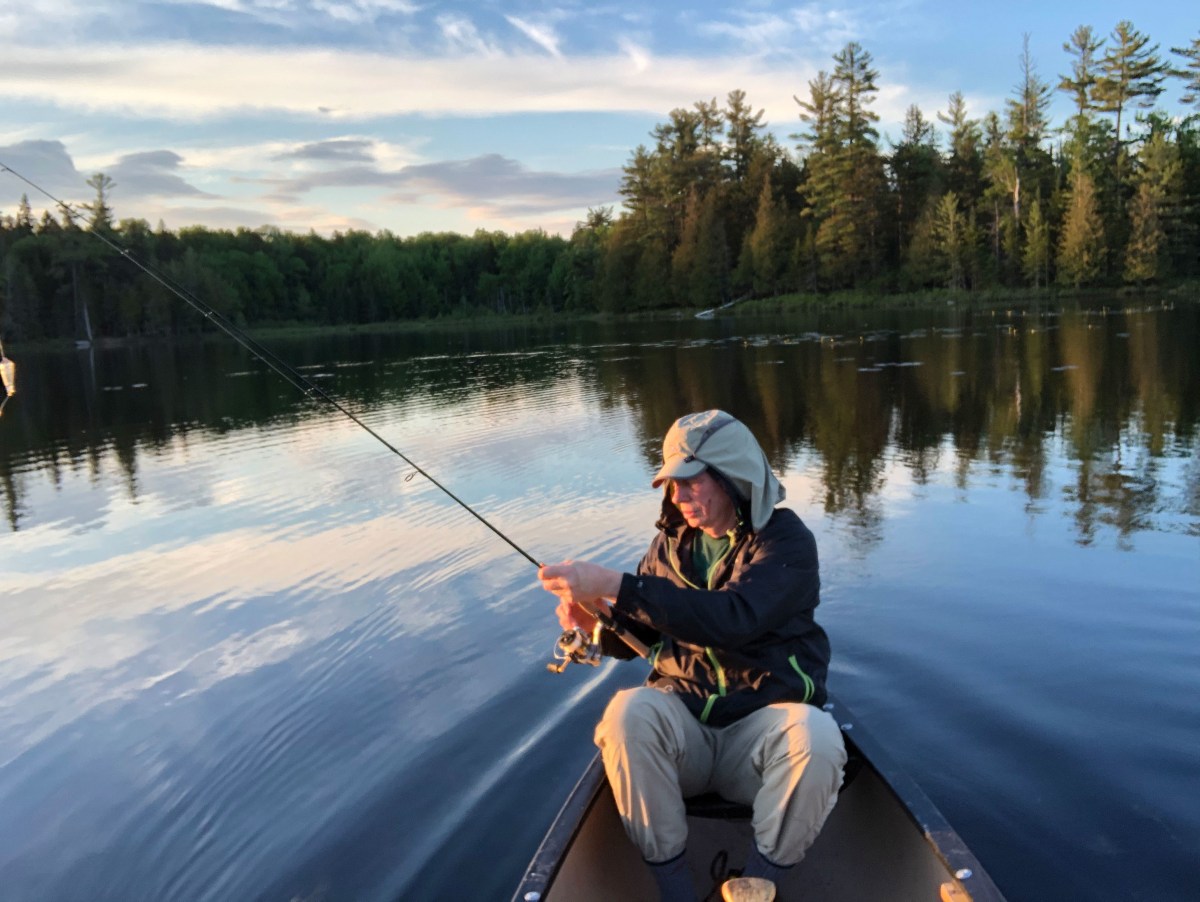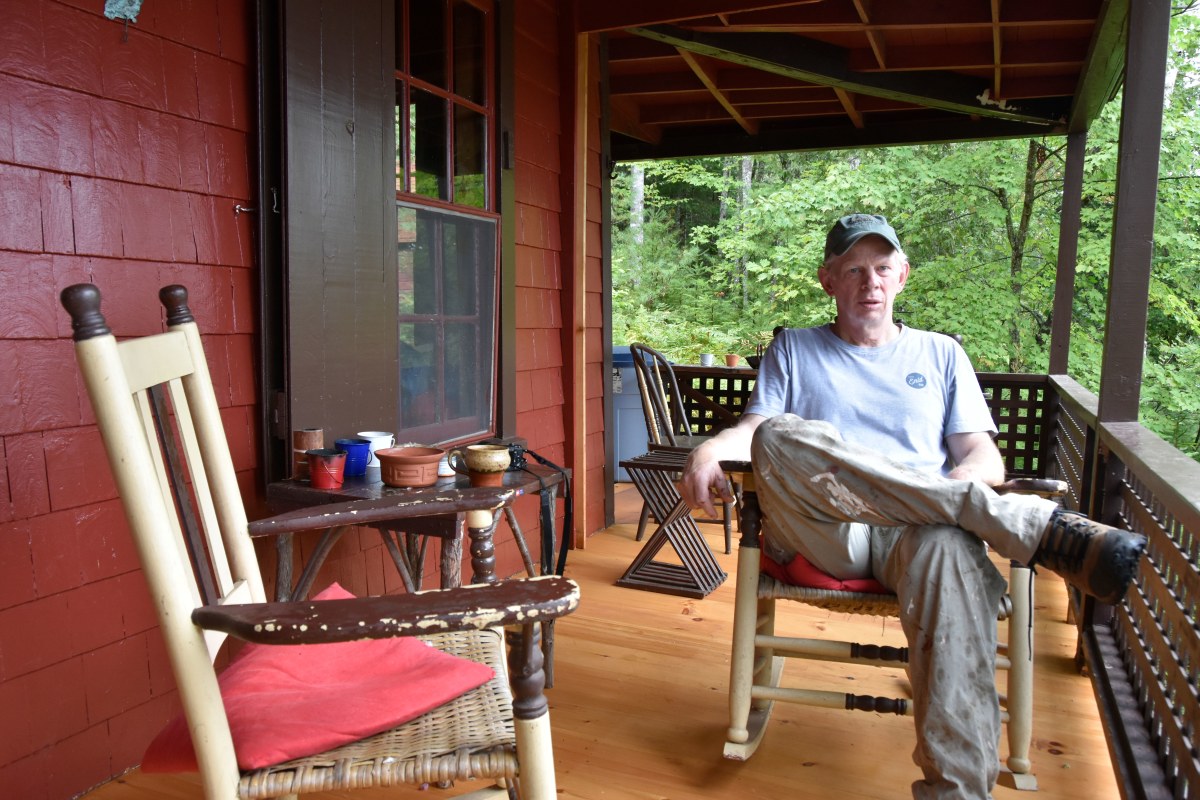[ad_1]
In the nearly 30-year history of Fast Company, Bill Breen was known for his firsts. He was the first writer and editor who was brave, or foolish, enough to join Alan Webber and me, Fast Company’s cofounders, as a full-time colleague. (He signed on in June 1995.) He was the first Fast Company staffer to run an entire chunk of the magazine. He invented the “back-of-the-book” section, which was filled with clever insights about leadership techniques, no-nonsense evaluations of technology, and calls for readers to pursue their hobbies as exuberantly as their careers. Bill’s section was called the User’s Guide to the New Economy (UGNE), and it was essential to the magazine’s founding identity.
Most importantly, Bill and his wife, Lise, were the parents of the first “Fast Company baby”: their daughter, Leah, who would visit FC World Headquarters in Boston (later joined by her brother, Aidan) and melt the hearts of the team. Over the years, many more babies would join the march of strollers through the Fast Company offices, including my two daughters, but Bill loved to remind us that his kids were first.
Bill died early Thursday morning after a long struggle with pancreatic cancer. He was 69. As word of his illness spread, the initial reaction of the early Fast Company crew—the folks who were “present at the creation” of the magazine back in the mid-1990s—was one of shock and disbelief. How could this be happening to such a pillar of strength and confidence?
Yet the more we talked, texted, and emailed, the more our anguish was accompanied by gratitude, even joy. We were all so lucky to have been part of those chaotic startup years, and even luckier that Bill was with us. I thought about lyrics from “No Surrender,” the Bruce Springsteen song: “Well, now young faces grow sad and old. And hearts of fire grow cold. We swore blood brothers against the wind. I’m ready to grow young again.”

Thinking about Bill allowed us to grow young again, to recapture the magic of a time that established the identity of Fast Company and to confirm the power of the very first cover line on our very first issue: “Work is Personal.”
So this remembrance is a tribute to Bill Breen. It is also a reminder of what being part of a startup can mean, how working alongside people who share your commitment to a company and a cause creates bonds of friendship that last long after people have gone on to new jobs, moved to new places, lived entirely different lives. These bonds were so strong that we felt inspired as a group to compile a video of stories, reflections, and appreciations about what Alan called “the legend of Bill Breen,” his larger-than-life contributions to Fast Company.
It meant so much to us that Bill got to watch the video with his wife and kids, his son-in-law, and other members of his family. What was also special about the video is that it didn’t just celebrate Bill. It showcased the power of teamwork and collaboration at its best: how a small group of people, with a clear vision and an intense work ethic, could build a company, create a brand, and make a little dent in the universe—especially when that group included people like Bill Breen.
Nearly everyone reading this remembrance never met Bill. But all of you can learn from how he did his work and lived his life.
You’re never too busy to be kind
A few lessons of Bill’s tenure at Fast Company are that no one should ever be too busy or important to be kind, that there is never an excuse to miss an opportunity to put a colleague at ease, to show interest in them as a person, to be a force for calm in moments of panic and confusion. Kindness and calm were Bill’s superpowers.
Polly LaBarre, one of Fast Company’s essential figures in the startup years, ran the magazine’s “front-of-the-book” section, Report From the Future. In her tribute to Bill, she said she thought of him as “a model and a mentor, not just in terms of magazines and career, but as a human being. I can’t remember an interaction with you when you were not unfailingly generous and kind and oh-so wise. You were the eye of the hurricane, a center of calm amidst the swirling storm.”
Kate Kane, one of the youngest staffers at the magazine, explained why she still thinks of Bill every winter. Apparently, Kate got lots of colds during those work-around-the-clock days, especially when the Boston weather turned chilly. Bill pulled her aside one day and told her, “Listen, you are not wearing a scarf often enough, and when you do wear one, you are not wearing it properly.” To this day, Kate said, “When it gets cold in the winter, I think about you, I think about my scarf, and I put it on properly.”

It was remarkable how consistent the message was. Who Bill was as a person, how he treated others, mattered just as much as what he did, maybe more. That is an important reminder: In a world that is being transformed in so many ways by technology, a transformation that Fast Company chronicles every day, what people hunger for is a deeper and more authentic sense of humanity. As a boss, a colleague, a member of an organization, it is just as important to be kind as it is to be clever.
Fortunately for us, Bill was both.
Work that endures
Which leads me to his work. I asked people to tell me about their favorite “Bill Breen articles,” pieces he wrote or edited. The diversity of their favorites was astounding. Everyone pointed to UGNE, since it was such a signature part of the magazine. But Jim LaBelle, Fast Company’s production director in those days and Bill’s closest friend on the team, reminded me of a piece called “(Really) Risky Business.”
Bill accompanied Wes Skiles, the world’s most accomplished explorer of underwater caves, on a deep dive. The lessons for leadership were clear—taking risks is an essential part of doing business—but the setting was clever and unexpected, and the storytelling was extraordinary. (Ten years later, Wes Skiles died in a diving accident.)
Charles Fishman, one of Fast Company’s most accomplished writers, pointed me to two of his favorite pieces by Bill. The first one also involved the theme of risk. It was a cover story called “High Stakes, Big Bets” about the winner-take-all battle between Lockheed Martin and Boeing to develop the hugely important Joint Strike Fighter. It is one of the best pieces of writing we ever published. Fishman’s other favorite was something called “Udder Artistry,” Bill’s short, charming interview with Norma “Duffy” Lyon, a 74-year-old woman who had carved a giant cow sculpture out of butter at the Iowa State Fair every year for 44 years.
Now that’s range! In a world that demands tighter and tighter focus and specialization from people and companies, Bill’s body of work showed the impact of applying your talents broadly as well as deeply. This commitment to breadth and depth also helps to explain the enduring popularity of Fast Company, I think. Fast Company has always been both familiar and surprising, a brand with a clear and distinctive point of view that is always looking for new ways to bring that perspective to life. In his work, Bill personified the power of such a “both, and” mindset.
More people should emulate his approach.
For all of Bill’s editorial curveballs, though, one major theme did run through his work and life, and that was his passion for the environment and the outdoors. Bill came to Fast Company after serving as a founding member of the editorial team of Garbage, a remarkably creative magazine devoted to rethinking the logic of environmental advocacy. It was years ahead of its time. After Bill left Fast Company, he became editorial director for Seventh Generation, the producer of sustainable home-cleaning products that was a leader on issues of business and the environment. He found a new way to spread his thinking.

So that’s another lesson from Bill: You don’t have to embrace a narrow specialty to champion a consistent cause or passion. And it’s even better when that cause or passion animates your personal life as well as your career. Bill loved the outdoors; it defined him as a person. Camping. Hiking. Skiing. His family cottage on Sebec Lake in central Maine was his happy place.
In the summer of 2021, Bill, his two kids, and his future son-in-law completed a long, demanding hike along the Brooks Range in Alaska’s Arctic Region. The next year, Bill achieved his goal of skiing the Catamount Trail, which runs from Vermont’s northern border to its southern one. It was shortly after he completed the Catamount Trail that he began experiencing the symptoms that led to his cancer diagnosis.
As I reflect on Bill Breen as a colleague and as a person, and I think about the heartfelt memories shared by the Fast Company crew, I am left with two simple pieces of advice (which was always the goal with our stories). First, work like he worked. Second, live like he lived. If you do, you will surely leave a legacy of success, accomplishment, and, most importantly, love and affection. Your impact will endure long after you have gone.
The people of Fast Company offer our deepest condolences to Lise, Leah, Aidan, and Raja—and our profound gratitude for sharing Bill with us.
[ad_2]
Source link